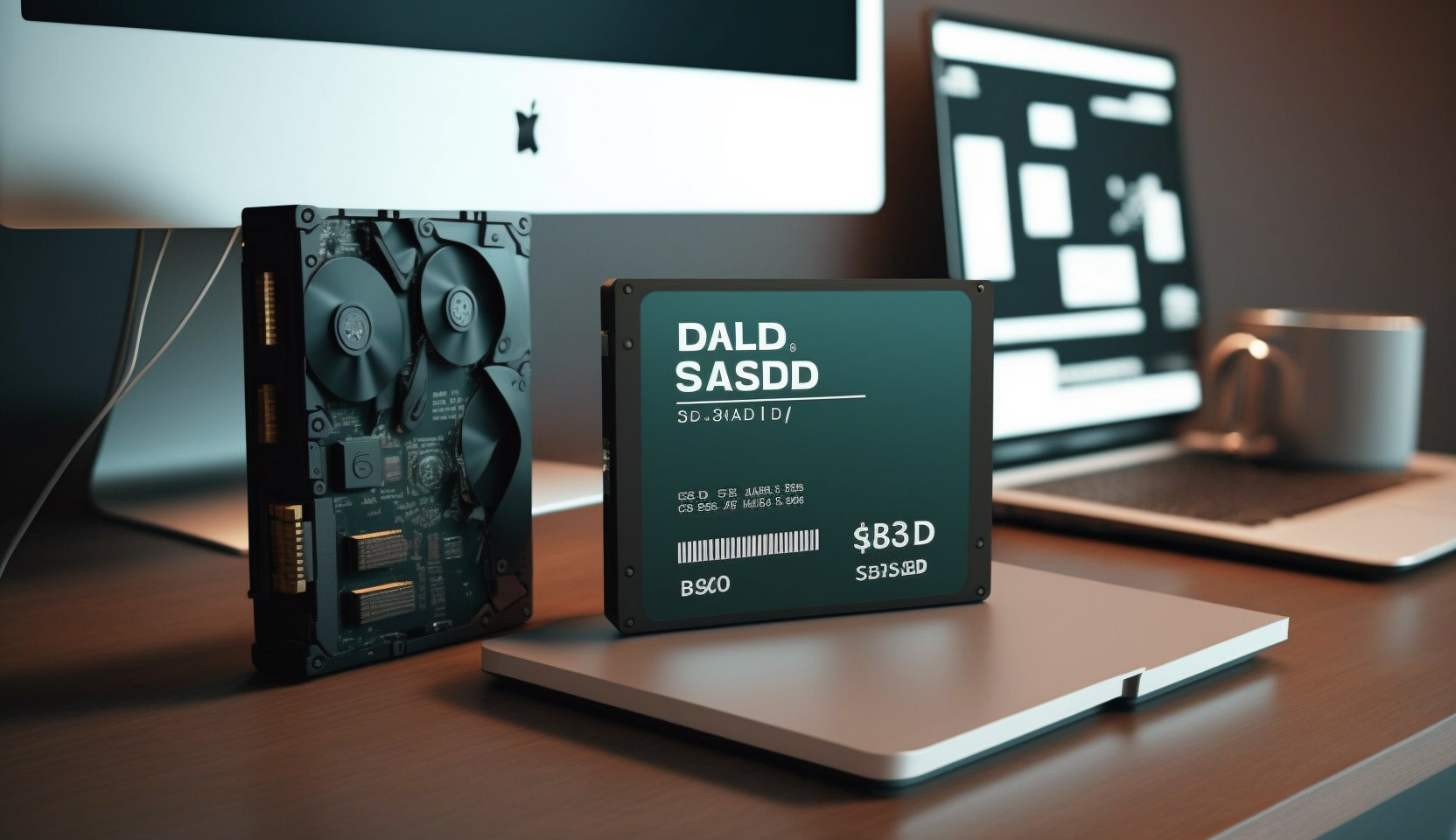When it comes to buying a new computer or upgrading an existing one, one of the key decisions you’ll need to make is which type of hard drive to go for. There are two main types to choose from: solid-state drives (SSD) and hard disk drives (HDD). Each has its own advantages and disadvantages, and in this article, we’ll take a closer look at both options to help you make an informed decision.
What Is an SSD Hard Drive?
An SSD is a type of hard drive that uses flash memory to store data. Unlike traditional HDDs, SSDs have no moving parts, which makes them faster, more durable, and more energy-efficient. SSDs are also much quieter than HDDs, which can be important if you’re using your computer in a quiet environment.
One of the main advantages of an SSD is its speed. Because there are no moving parts, SSDs can access data much faster than HDDs. This means that your computer will boot up faster, applications will load faster, and files will transfer more quickly. In addition, SSDs are less prone to failure than HDDs because there are no moving parts that can wear out over time.
However, SSDs do have a few disadvantages. One is that they tend to be more expensive than HDDs, especially for larger capacities. Another is that they have a limited lifespan because the flash memory cells can only be written to a certain number of times before they start to wear out. However, modern SSDs have a much longer lifespan than older models, and most users will never come close to reaching the limit.
What Is an HDD Hard Drive?
An HDD is a traditional hard drive that uses spinning disks to store data. HDDs have been around for decades and are still the most common type of hard drive in use today. While they’re slower and less durable than SSDs, they’re also cheaper and offer higher storage capacities.
One advantage of an HDD is that they have a lower cost per gigabyte compared to SSDs. This means that you can get more storage space for your money with an HDD. HDDs also tend to have larger capacities than SSDs, with some models offering up to 16 terabytes of storage.
However, HDDs are much slower than SSDs. Because they rely on spinning disks to read and write data, they’re much slower at accessing data than SSDs. This means that your computer will take longer to boot up, applications will take longer to load, and files will take longer to transfer.
SSD Hard or HDD Hard? Which One Should You Choose?
When it comes down to it, the choice between an SSD and an HDD comes down to your specific needs and budget. Here are some factors to consider:
- Speed: If speed is your top priority, then an SSD is the way to go. You’ll notice a significant improvement in boot times, application load times, and file transfer speeds.
- Cost: If cost is your main concern, then an HDD is the better option. You’ll be able to get more storage space for your money, which is especially important if you need to store large files like videos or images.
- Durability: If durability is important to you, then an SSD is the better choice. Because there are no moving parts, SSDs are less prone to failure than HDDs.
- Capacity: If you need a lot of storage space, then an HDD is the way to go. HDDs tend to have larger capacities than SSDs, which makes them better for storing large files or collections of files.
Conclusion
In conclusion, both SSDs and HDDs have their own advantages and disadvantages. If you’re looking for


1 Comment